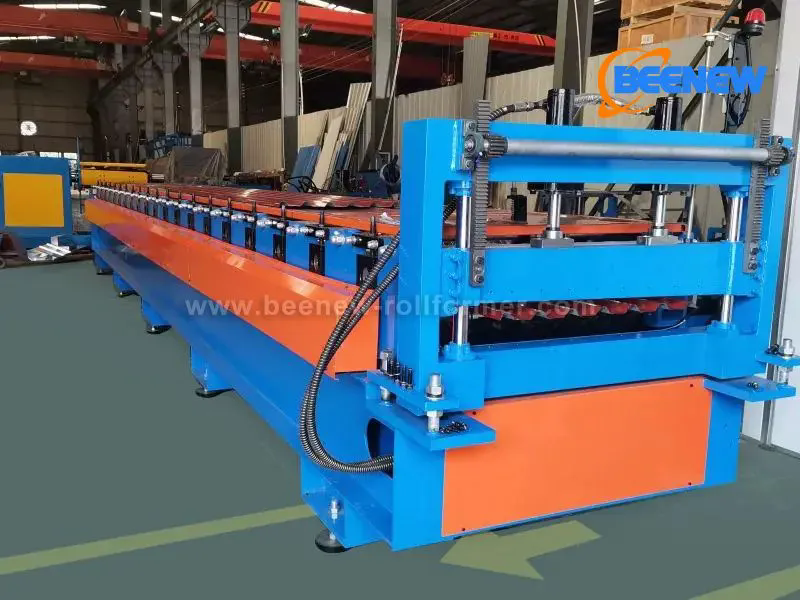What Makes a Roll Forming Machine Essential for Modern Manufacturing?
2024-12-02
In today’s fast-paced manufacturing world, efficiency, precision, and versatility are non-negotiable. Among the many tools that meet these demands, the roll forming machine stands out as a cornerstone of modern production. But what exactly makes this machine so essential? Let’s break it down.
1. What Is a Roll Forming Machine?
A roll forming machine is a specialized piece of equipment designed to shape metal sheets into consistent, precise profiles. Through a series of rollers, the material is gradually bent into the desired shape without losing structural integrity. It’s a seamless process that combines accuracy with speed.
2. Unmatched Production Efficiency
One of the key reasons manufacturers rely on roll forming machines is their ability to produce large volumes of components efficiently.
- High Speed: These machines can run continuously, significantly reducing production times compared to other methods.
- Low Waste: The precise nature of roll forming minimizes material wastage, optimizing costs.
3. Versatility in Design
Roll forming machines are incredibly versatile, capable of producing a wide range of profiles to suit various industries. From roofing panels and automotive parts to shelving systems and structural beams, the possibilities are nearly endless. Customizable roller designs allow manufacturers to adapt to specific project needs effortlessly.
4. Superior Quality and Consistency
One of the standout advantages of roll forming is the consistent quality it delivers. Each piece produced maintains the same dimensions, strength, and finish, ensuring uniformity in large-scale production. This reliability is especially critical for industries like construction and automotive manufacturing, where precision is paramount.
5. Cost-Effectiveness Over Time
Although the initial investment in a roll forming machine can be significant, the long-term savings it offers are undeniable.
- Reduced Labor Costs: Automated processes require less manual intervention, lowering labor expenses.
- Lower Maintenance Needs: These machines are built for durability and often require minimal upkeep.
- Energy Efficiency: Many modern roll forming machines are designed with energy-saving features, further cutting operational costs.
6. Adaptable for Advanced Materials
As industries evolve, so do the materials they use. Roll forming machines can handle a wide variety of materials, including steel, aluminum, and even advanced alloys, making them adaptable for future manufacturing needs.
7. Applications Across Industries
Roll forming machines play a crucial role in numerous sectors, such as:
- Construction: Creating roofing sheets, wall panels, and structural components.
- Automotive: Producing vehicle frames, reinforcements, and decorative trims.
- Storage Systems: Manufacturing racks, beams, and shelving units.
Conclusion
A roll forming machine is more than just a tool—it’s a game-changer for manufacturers looking to boost efficiency, reduce costs, and ensure high-quality output. With its ability to adapt to different industries and materials, it’s a smart investment for any company striving to stay competitive in today’s market.



